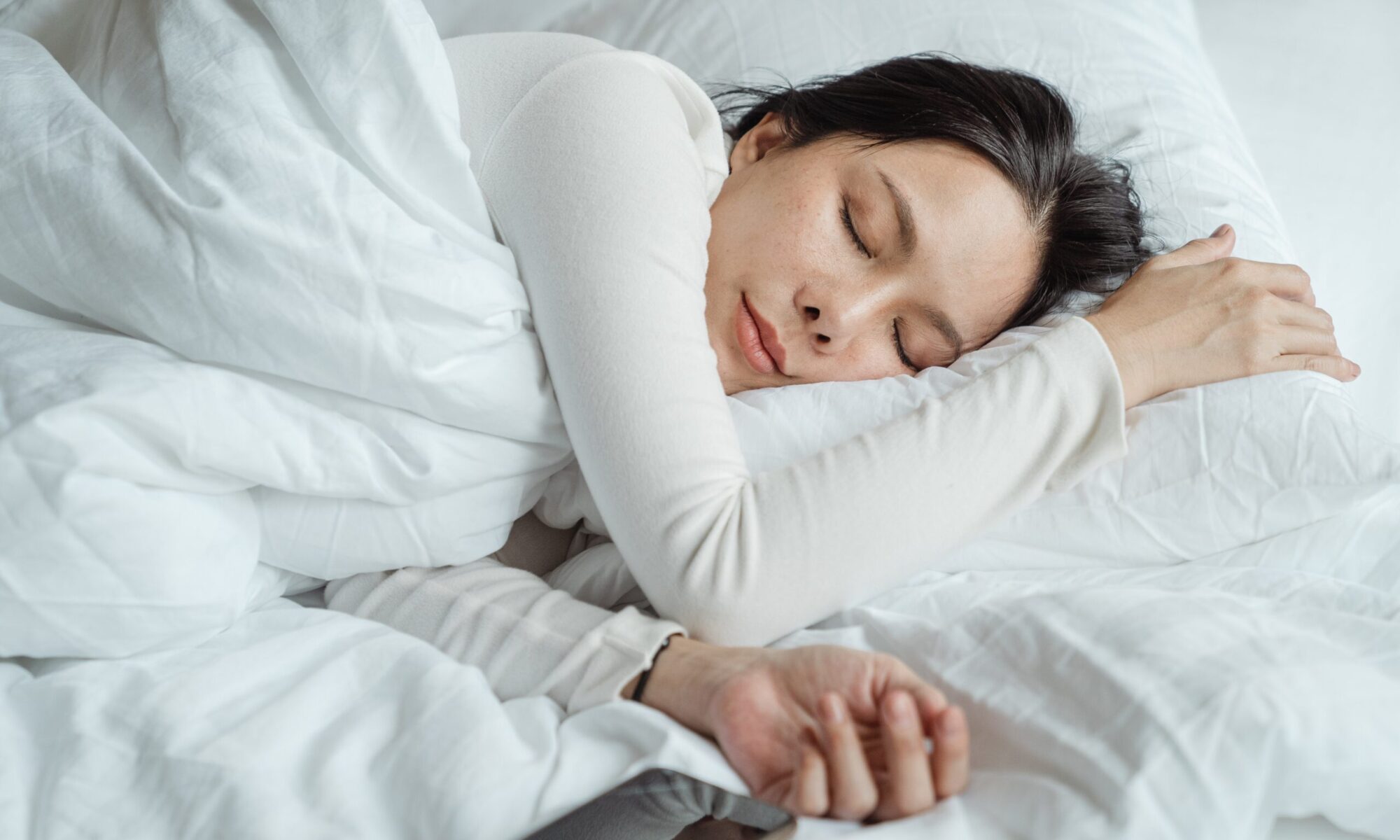In the past we’ve made a great deal of mistakes in the screening, diagnosis and even treatment of both attention-deficit/hyperactivity disorder (ADHD) and sleep disordered breathing (SDB) which encompasses obstructive sleep apnea (OSA).
Are there associations between sleep disturbance and ADHD?
What are the implications for treatment
Possible connections
In the past we’ve made a great deal of mistakes in the screening, diagnosis and even treatment of both attention-deficit/hyperactivity disorder (ADHD) and sleep disordered breathing (SDB) which encompasses obstructive sleep apnea (OSA).
It has more recently been suggested that there is a connection between the two. Because this may have important public health implications, a review of studies, the literature regarding, and non-partisan anecdotal evidence is due. Checking between January 1966 and June 2010 that examined the effect of OSA treatment on ADHD, there were six studies.
While the number is surprisingly small valuable information can be gained. Attentional deficits have been reported in up to 95% of OSA patients. In full ADHD, a high incidence (20% to 30%) of OSA has been shown. All six studies reported improvements in behaviour, inattention, and overall ADHD after treatment of OSA. OSA may therefore be seen to contribute to ADHD symptomatology in a group of patients diagnosed with ADHD (DSM-IV criteria).
Treatment of OSA appears to have favourable effects on ADHD symptoms. Controlled trials and epidemiological investigations will of course be required to better understand these relationships, as well as their diagnostic and prognostic implications. However it is clear that to proceed with pharmacotherapy without screening for sleep disorders and OSA is unacceptable. In this case sleep disorders may include any disorder affecting level 3 sleep (restorative sleep).
Children with ADHD and sleep disorders

As ADHD is commonly associated with disordered or disturbed sleep, the relationships of ADHD with sleep problems, psychiatric co-morbidities and medications are complex and multidirectional.
Evidence from published studies comparing sleep in individuals with ADHD with typically developing controls supports associations of ADHD with OSA and peripheral limb movements in sleep or nocturnal nerve activity in PSG (polysomnographic studies) also increased sleep onset latency and shorter sleep time in actigraphy studies and bedtime resistance.
Also, with difficulty with morning awakenings, sleep onset difficulties, sleep-disordered breathing, night awakenings and daytime sleepiness in subjective studies. ADHD is also frequently coincident with sleep disorders peripheral limb movement disorder (PLMD), restless legs syndrome (RLS) and circadian-rhythm sleep disorders (CRSD).
As high as 30% of children with OSA have concomitant ADHD, and the incidence of ADHD in OSA children is increasing over age. Boys are more likely to develop OSA and the incidence of ADHD in OSA boys is higher than in OSA girls.
Additionally, risk factors of ADHD also vary between age groups. The ADHD is related to the severity of allergic rhinitis and adenoid hypertrophy (both airway disorders associated with OSA) in children aged 4 to 5 years, and to the severity of tonsil hypertrophy (another airway disorder associated with OSA )in children aged 6 to 11 years.
Hypoxia may be an important factor causing ADHD. Therefore OSA must be diagnosed and treated as early as possible to reduce the incidence of ADHD in children and possibly on into adulthood.
Psychostimulant medications are associated with disrupted or disturbed sleep, but also somewhat paradoxically calm some patients with ADHD for sleep by alleviating their symptoms. Long-acting formulations may have insufficient duration of action, leading to symptom rebound at bedtime.
Current guidelines recommend assessment of sleep disturbance during evaluation of ADHD, and before initiation of pharmacotherapy, with healthy sleep practices the first-line option for addressing sleep problems. Unfortunately no studies or evidence of medical compliance to these guidelines exist.
ADHD may cause sleep problems as an intrinsic feature of the disorder; sleep problems may cause, or even mimic ADHD, and sleep problems may share a common underlying neurological cause.
Adults with ADHD and sleep disorders

ADHD is a common childhood illness. In some patients, this illness may persist into adulthood and an association between ADHD and Obstructive Sleep Apnea (OSA) has been found in childhood. However, it is unclear how OSA and ADHD coincide in adulthood.
In one study, OSA patients with ADHD, as compared with those without, had higher anxiety scores and poorer physical component scores of qualities of life and higher excessive daytime sleepiness (EDS) scores.

ADHD scores in patients with OSA were associated with anxiety and depression scores and SF36 physical and mental component scores in bivariate analyses. Thus, in this sample at least, ADHD was not a frequent illness in adult patients diagnosed with OSA. However, in patients with OSA and ADHD higher levels of anxiety and daytime sleepiness and poorer quality of life was found.
Present thinking is that some of those children will become adults with persistent ADHD which may become less noticeable as the individual ages. Clearly a “wait and review” is not acceptable with a disease carrying such catastrophic social and domestic consequences.
It has been my experience that beyond this connection, children with OSA may become hyperactive (“Walmart syndrome”) while adults with OSA tend, if anything, to be more likely to suffer from excessive daytime sleepiness.
CLICK BELOW TO RECEIVE YOUR FREE “BETTER SLEEP” GUIDE
Good sleep is crucial to good health and longevity.
Dr. Stephen Bray 2020


